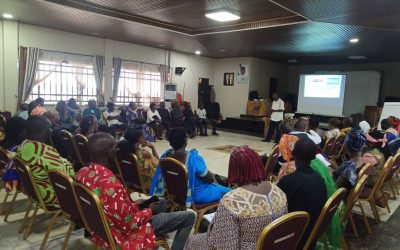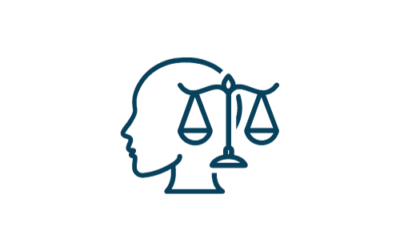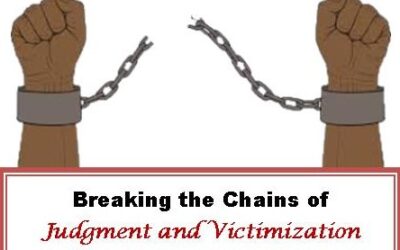In order to prevent the implementation gap that seems to have afflicted many new laws in Sierra Leone, government and civil society organizations have been working together to ensure that the legal aid law is effectively implemented. The law, passed in May 2013 as part of efforts to enhance access to justice for particularly indigent persons in Sierra Leone, requires massive financial and moral support from government, development partners and civil society groups across the country. More importantly, there is need for a coordinated approach to implementation. To this end, the Justice Sector Coordinating Office (JSCO), a unit within the Office of the Attorney-General and Minister of Justice, has worked over the last year with local and international organizations to do the ground work for the Legal Aid Board and its secretariat.
This article looks at some of the activities completed by the coordinating unit and its partners, as well as the remaining tasks that need to be done.
A critical step towards implementing the law requires the setting up of the Legal Aid Board, a supervisory structure which has wide ranging functions including the administration, coordination and monitoring the provision of legal aid in civil and criminal matters. The Board comprises ten members drawn from government agencies, the judiciary, civil society organizations and academic institutions, among others. With support from civil society and other partners, the JSCO has now obtained nominations from all the relevant institutions that should constitute the Board. This is a critical milestone in the implementation schedule of the law. The nominees are expected to be sworn in by the president before they start work in earnest.
Additionally, the JSCO has successfully partnered with a six-member working group of local and international organizations to undertake a mapping survey of all organizations involved with the provision of legal aid services; including legal advice, assistance, education and paralegal services. The report has been produced and will be shared with the Legal Aid Board. It will provide a useful tool for the Board in terms of forging partnerships and designing its intervention strategy.
In partnership with civil society, the JSCO has hired the services of a consultant to develop a communications strategy for the Legal Aid Board. The idea is to ensure that a common message is used by all concerned in communicating the legal aid law. It also seeks to advise the Board on matters regarding the media institutions that exist around the country, and the ones that could be useful in the work of the Board. The communication strategy is useful not only to the Board, but also to other partners involved in the implementation of the legal aid law.
These efforts are aimed at ensuring that the board hits the ground running, however, a number of issues remain to be addressed. Among others, the Sierra Leone government needs to allocate funding to the board. There have been assurances from the government that funding will be available when the Board is set up but no one has a clear idea of the amount of funding that the new board will need, although it is obvious that a significant amount of funding will be required in the beginning. Among other things, there is need for a building to host the secretariat. Once a building is available, it will need to be furnished with office equipment and supplies. A recruitment process would also need to be launched, contracts signed with service providers and partnerships struck. Once the secretariat is up and running, the core staff in collaboration with the Board will have the task of developing an implementation and financing strategy. While we expect the government to initially fund the bulk of the Board’s activities, it will also be important for the Board to think of some creative fundraising strategies. The contributions of Sierra Leone’s development partners would be helpful, as will the pro bono support of lawyers and other civil society organizations across the country.
It is important to recognize the progress that has been made, but there’s no doubt that a lot more needs to be done before indigent Sierra Leoneans can begin to receive the services of the Legal Aid Board. Here’s hoping that the services are made available sooner rather than later.



